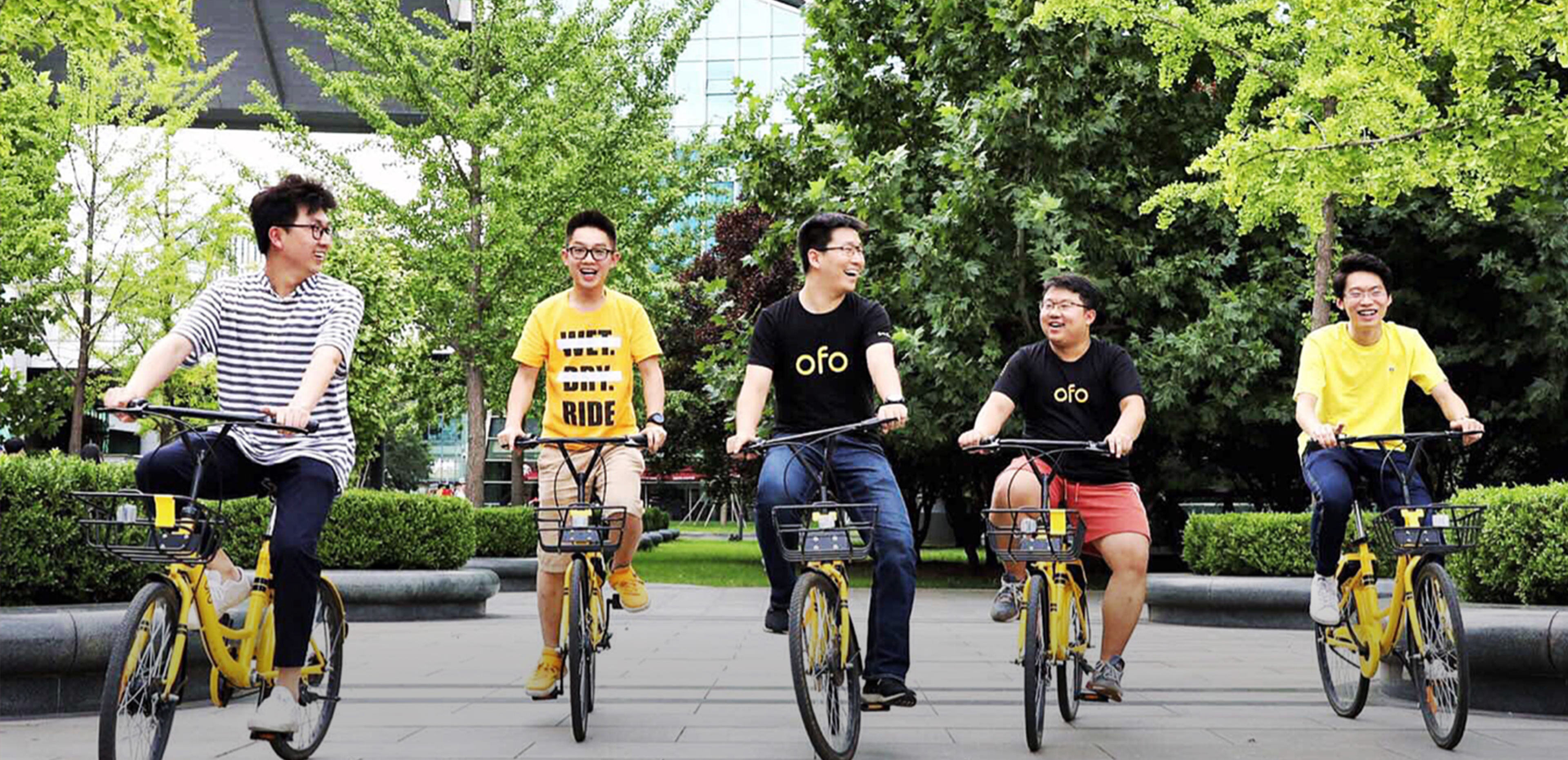When Uber decided to sell its Southeast Asia business to local rival Grab March this year, it left the region virtually facing a ride-hailing monopoly. Except in one market: Indonesia, where the home-grown Go-Jek has its grip firmly on the region’s largest and most populous country.
Indonesia’s first and most valuable unicorn, Go-Jek has since also begun expanding into other Southeast Asian markets. It's said to be valued up to US$10 billion in a coming round of funding, just below Grab’s US$11 billion tag. Both startups are backed by some of the world’s most powerful investors: Tencent, Temasek, Google, Warburg Pincus and KKR in the case of Go-Jek; while SoftBank, Toyota, Microsoft, Didi and Ping An are behind Grab.
And the stakes are no longer in ride-hailing alone. Taking a leaf out of China, Grab and Go-Jek are each building their own super app and online-to-offline (O2O) ecosystem on the back of their transportation network. It's a race to conquer the virgin territory of Southeast









